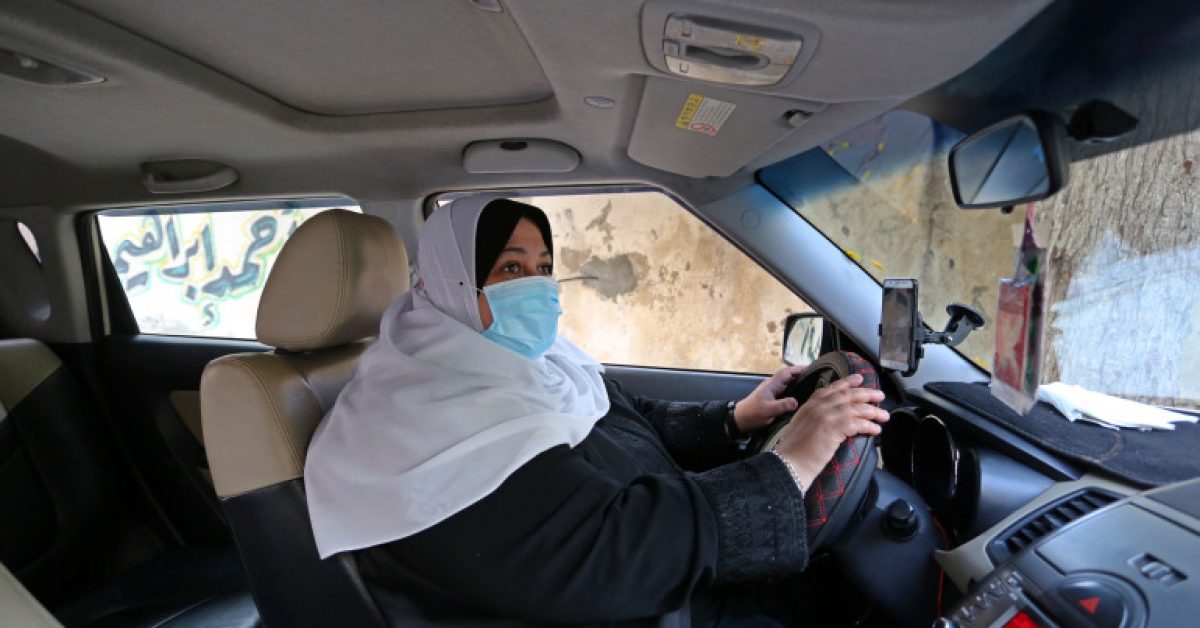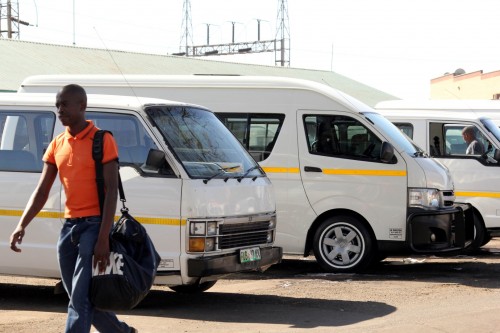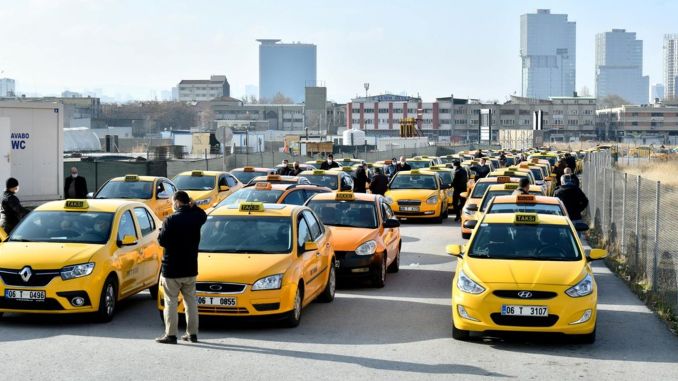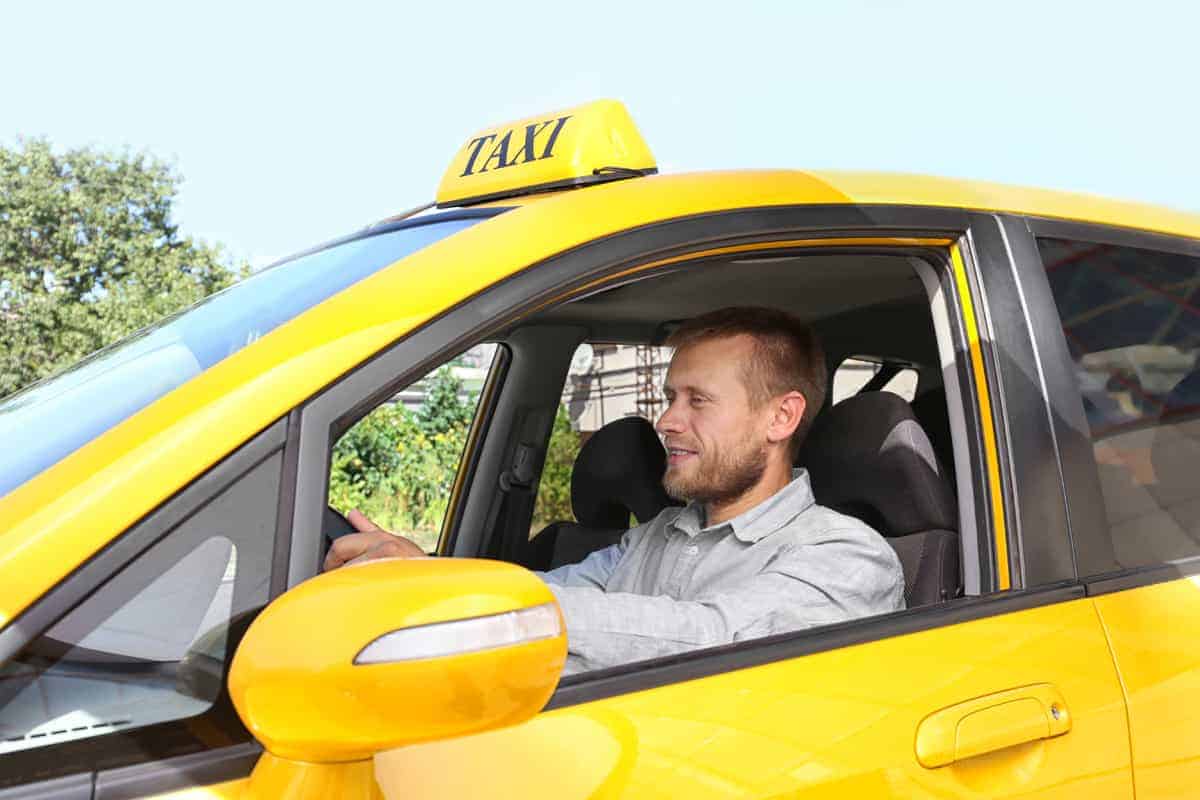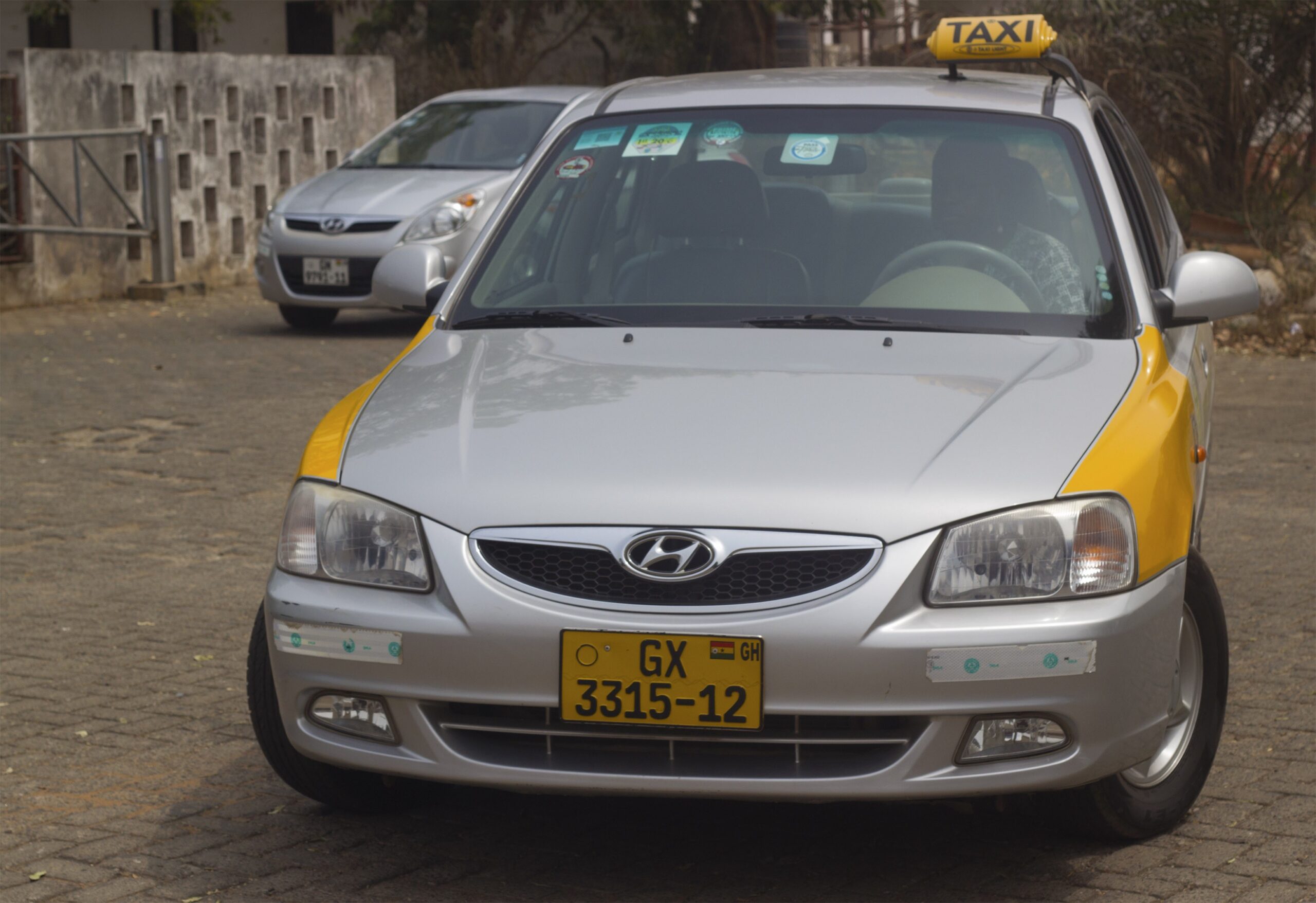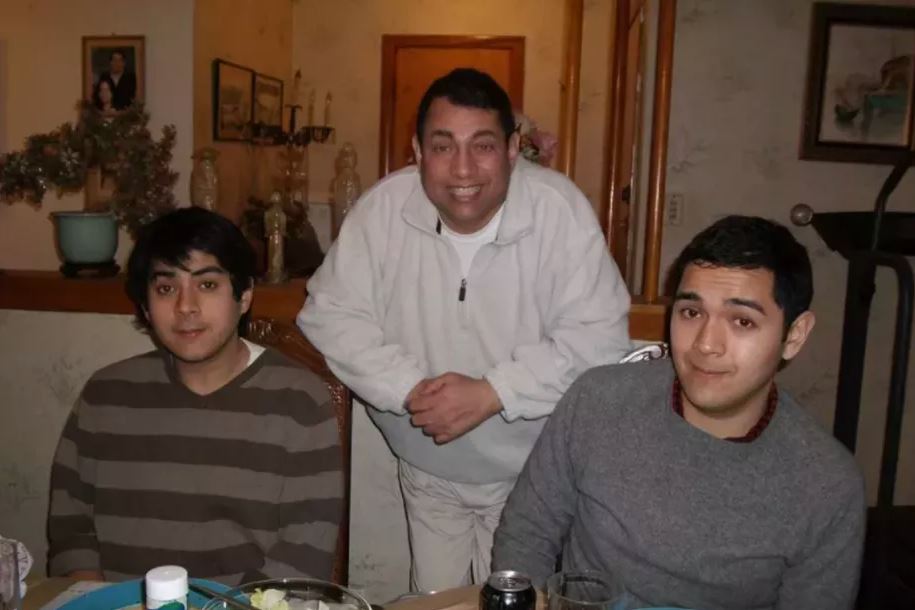Gaza City, Palestine – Naela Abu Jibba, 39, a mother of five, is among hundreds of women in Gaza who could not find jobs in an economy on the brink of collapse.
So she decided to create her own and became the first female taxi driver in the Gaza Strip – taking only women passengers to their destination inside the besieged enclave.
Abu Jibba recently graduated from a university in Gaza and had hoped to find work in an office. “I got married at a young age and after my children grew up I joined the university to study social sciences in order to find a job with its certificate,” she said.
However, with Gaza blockaded by both Israel and Egypt, the economy is in tatters and finding any work is a struggle.
The unemployment rate in the Gaza Strip was 45.5 percent in the first quarter of 2020, according to the Palestinian Central Bureau of Statistics. Among women, the jobless rate climbed to 62.1 percent in quarter one, up from 57.3 percent in the last quarter of 2019.
“I didn’t find a job with my certificate so I used my hobby,” Abu Jibba said. “Since I was young I used to drive my father’s car and after six months I got my license to officially start my own job.”
More than one million Palestinians in Gaza live in poverty after the 13-year siege launched by Israel. A United Nations report last week said the Israeli blockade has cost the Palestinian enclave more than $16bn.
The Strip is also facing a sudden spike in the unemployment rate because of COVID-19 restrictions to prevent the pandemic from spreading, with Gaza’s healthcare sector unprepared to handle the outbreak because of the blockade.
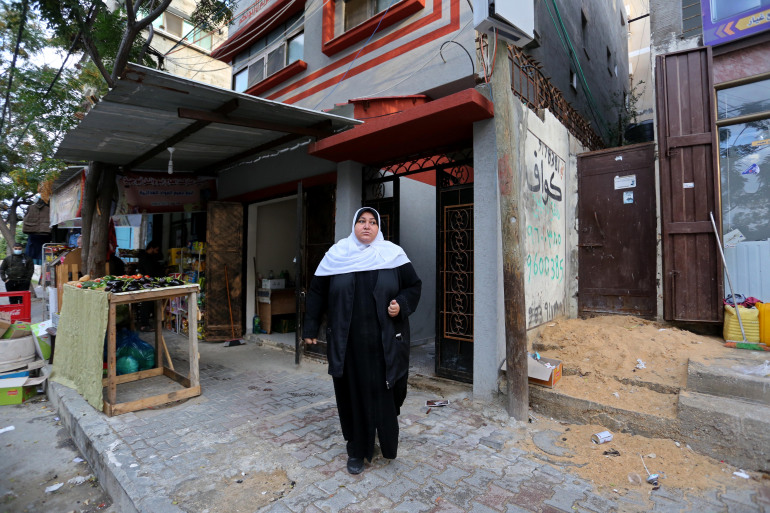
‘Chosen one’
Known in her family as Al-Moukhtara, “the chosen one”, Abu Jibba has often intervened to mediate disputes among her relatives.
So it was that name she chose to start her taxi company Al-Moukhtara, buying her vehicle with money that her father left her after his death.
But her job as a driver has not been easy in a male-dominated society with the expectation of women working in the home.
“Many male drivers and people in Gaza started to attack me on social media or while driving as they didn’t like the idea of me driving a taxi, although many other women are driving freely in Gaza,” said Abu Jibba.
She said before the local media starting covering her work as the first female taxi driver, there was little objection and negative feedback.
“But since the community has commented on social media to object to my job, I faced a lot of obstacles – especially with my family. But I will continue my work,” she said.
‘Like the idea’
Abu Jibba drives her cream-colored KIA Soul from her house after receiving requests on her mobile phone to pick up passengers.
Hiba Mohammed, 29, called Abu Jibba for a 30-minute ride to go shopping.
“I don’t own a car and I usually use a taxi service. I do like the idea of having a female driver and I feel that it created more privacy that I can’t find with a male-driver taxi,” Mohammed told Al Jazeera.
“The women in Gaza – especially if she is well dressed or put on makeup for social occasions – will prefer to use a female driver as well.”
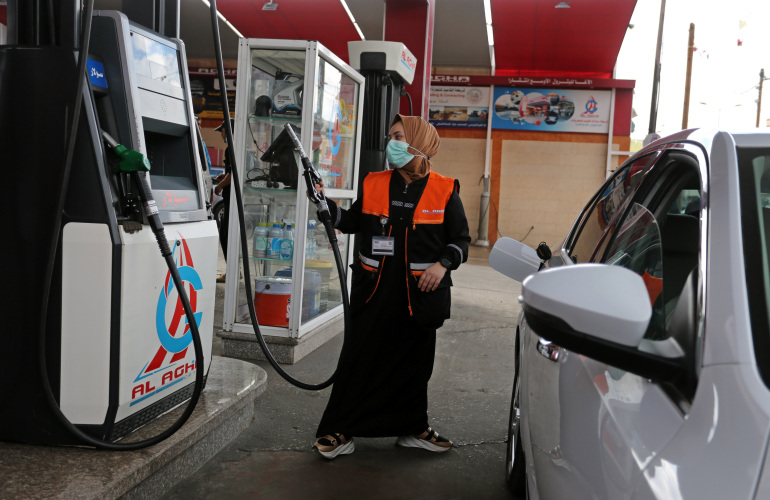
‘Thanks for coming’
There is another unusual sight for many motorists in Khan Younis in the southern Gaza Strip.
Salma al-Najjar, 15, stands in front of a petrol pump filling the tanks of drivers – a job never performed by a woman in the conservative enclave, which has been ruled by Hamas since 2007.
The first male taxi driver of the day entered the petrol station and was visibly surprised after the teenage girl asked how much fuel he needed in his car. But he soon understood al-Najjar was part of the station’s staff, as two other workers kept watch in case she needed support.
“Thanks for coming to our station, the car is filled now,” al-Najjar told the motorist, requesting 20 shekels ($6).
For al-Najjar, she wants to challenge the rules in her society that restrict some professions to men only after starting her job earlier in November.
“With the support of my family, my first goal is to contribute to the needed change in the community’s impression about women’s work,” she said.
“I don’t have financial need for this job, but I wanted to prove that a woman has freedom of choice and can do different and difficult jobs, and she is free to gain income from any dignified source that she finds.”
Al-Najjar said while she received support from many people, on social media, “I did find a lot of objection and bullying on me as a girl.”
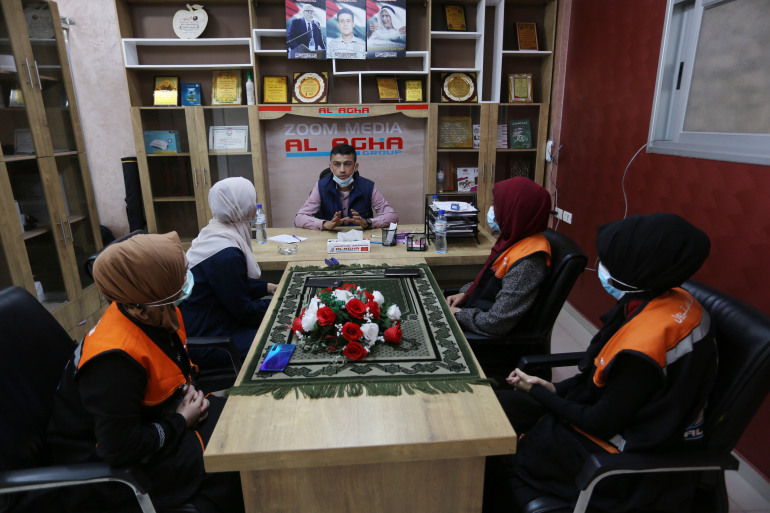
‘Bad traditions’
The owner of the fuel station, Mohammed al-Agha, is a relative of al-Najjar.
“It was a challenge to hire a woman in my fuel station as the community would not accept it. But I allowed Salma to work here after she insisted to try to change these bad traditions of society,” he told Al Jazeera.
“Myself and all the male employees are supporting Salma and we are encouraging other girls to try the work here, so the community will accept women doing these jobs as it accepts female doctors, engineers, secretaries, social workers and others,” al-Agha added.
He noted “many religious figures” called him to object, but he told them “no verse in the Quran prevents any woman from working in a respectful place that keeps her dignity”.
Azza Qassem, a human rights activist and consultant, told Al Jazeera it may be difficult for some Palestinians to accept women doing non-traditional work and said change will be gradual.
“In general, the community in Gaza has started to accept the change of women’s roles because of economic reasons, as many women are heading their families and their husbands or children feel frustrated for not finding job opportunities,” Qassem said.
“The community in Gaza faces harsh political, social and economic situations so the bullying has increased in recent years on many topics, especially these issues related to women.”
Follow us on our Facebook and Twitter pages for the latest stories, products & updates.


